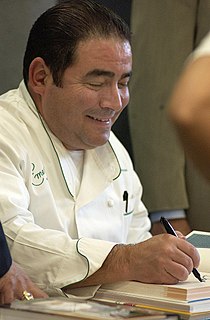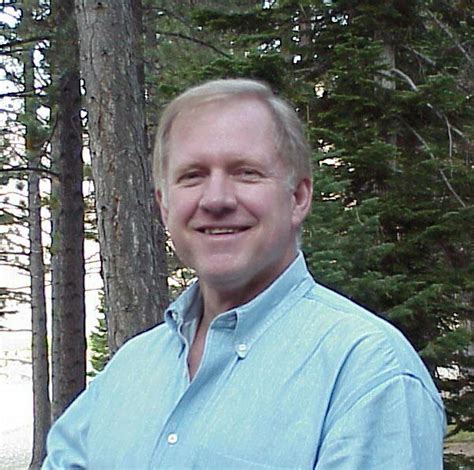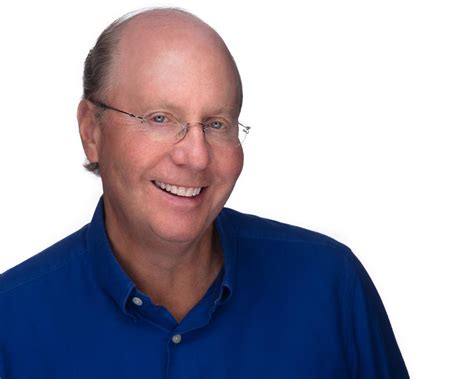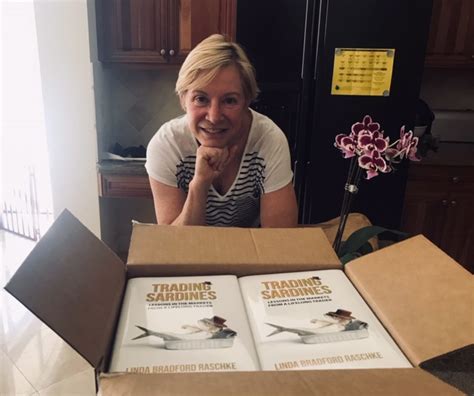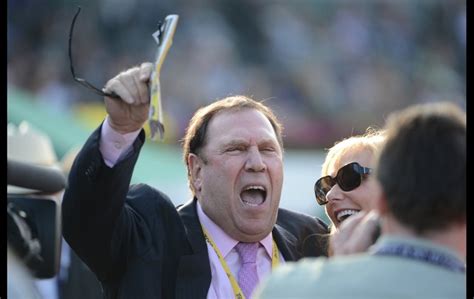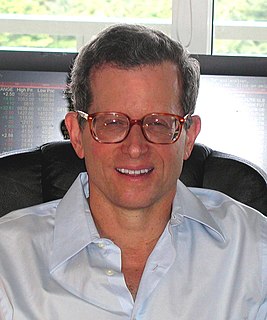A Quote by Jesse Lauriston Livermore
To anticipate the market is to gamble. To be patient and react only when the market gives the signal is to speculate.
Quote Topics
Related Quotes
I believe in market economics. But to paraphrase Churchill - who said this about democracy and political regimes - a market economy might be the worst economic regime available, apart from the alternatives. I believe that people react to incentives, that incentives matter, and that prices reflect the way things should be allocated. But I also believe that market economies sometimes have market failures, and when these occur, there's a role for prudential - not excessive - regulation of the financial system.
From the very first inkling of a concept, founders need to gather a target group of five to ten potential users to begin the feedback loop. We all think we know how the market will react to new ideas, but actual users live with the pros and cons of the existing market conditions every day. They are the market experts.
An old market had stood there until I'd been about six years old, when the authorities had renamed it the Olde Market, destroyed it, and built a new market devoted to selling T-shirts and other objects with pictures of the old market. Meanwhile, the people who had operated the little stalls in the old market had gone elsewhere and set up a thing on the edge of town that was now called the New Market even though it was actually the old market.
As a bull market turns into a bear market, the new pros turn into optimists, hoping and praying the bear market will become a bull and save them. But as the market remains bearish, the optimists become pessimists, quit the profession, and return to their day jobs. This is when the real professional investors re-enter the market.














